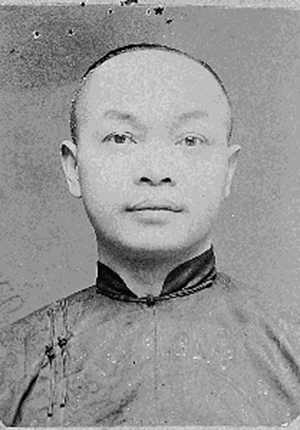“Even the gods fight in vain against stupidity” – Friedrich Schiller
A Blatantly Unconstitutional Order
Mark Olbert
Trump the First followed through on this campaign promise to end birthright citizenship, issuing an executive order to do so.
One of the fascinating things about Trump’s approach to life is that it’s steeped in “my way or the highway” thinking. As my friend Seth pointed out when The Donald was first elected, that’s likely because throughout almost all of his personal and private sector life he really didn’t need to pay attention to anyone else. You worked for him or his company, you played by his rules, or else.
That’s not an environment wherein you learn one of the most important rules of social behavior: you have to at least pretend other people have rights, too.
Most of us learn this early. In fact, most of us take it to the next level, and don’t just pretend, but internalize the belief “for real”.

It’s an important belief for a social animal. And it’s related to a foundational element of democracy: one governs at the consent of the governed…which term appears in an important historical document you may have heard of (emphasis added):
Consent of the governed – Wikipedia
We hold these truths to be self-evident, that all men are created equal, that they are endowed by their Creator with certain unalienable Rights, that among these are Life, Liberty and the pursuit of Happiness.–That to secure these rights, Governments are instituted among Men, deriving their just powers from the consent of the governed, –That whenever any Form of Government becomes destructive of these ends, it is the Right of the People to alter or to abolish it, and to institute new Government, laying its foundation on such principles and organizing its powers in such form, as to them shall seem most likely to effect their Safety and Happiness.
Having fought a revolution to get rid of King George III, we’ve apparently decided to elect his replacement, Trump the First. Granted, it took us a couple of centuries to do this. Some beliefs die hard, I guess.
I would’ve loved to attend the hearing before Federal District Court Senior Judge Coughenour on a request for an injunction to block this latest brainstorm from the depths of Trump’s evil soul. Because it was filled with all sorts of things I wouldn’t ever want to hear from a judge, if I was a lawyer:
- “This is a blatantly unconstitutional order. Where were the lawyers when this decision was being made?”
- “Frankly, I have difficulty understanding how a member of the bar would state unequivocally that this is a constitutional order. It just boggles my mind.”
What’s even more interesting about all this is it would appear to be long-settled law. As Supreme Court Justice Horace Gray stated in the majority opinion in the 1898 case of United States v. Wong Kim Ark (a child born in the US of Chinese immigrants; emphasis added):
The foregoing considerations and authorities irresistibly lead us to these conclusions: the Fourteenth Amendment affirms the ancient and fundamental rule of citizenship by birth within the territory, in the allegiance and under the protection of the country, including all children here born of resident aliens, with the exceptions or qualifications (as old as the rule itself) of children of foreign sovereigns or their ministers, or born on foreign public ships, or of enemies within and during a hostile occupation of part of our territory, and with the single additional exception of children of members of the Indian tribes owing direct allegiance to their several tribes. The Amendment, in clear words and in manifest intent, includes the children born, within the territory of the United States, of all other persons, of whatever race or color, domiciled within the United States. Every citizen or subject of another country, while domiciled here, is within the allegiance and the protection, and consequently subject to the jurisdiction, of the United States.
United States v. Wong Kim Ark | Constitution Center
Of course, the current conservative morons on the Supreme Court could simply declare Gray to have been wrong or that the ruling violated the Alito Rule.
His Imperial Majesty Speaks!

mostly incoherently, but still…
Trump commenting on his brilliant move to supply more water in California:
“Today, 1.6 billion gallons and, in 3 days, it will be 5.2 billion gallons. Everybody should be happy about this long fought Victory! I only wish they listened to me six years ago — There would have been no fire!”
Unfortunately:
- the increased flow is likely to simply cause flooding;
- the released water is normally held back to irrigate crops during California’s hot, dry summer; and,
- local farmers and officials are really, really pissed about this.
But who cares about farmers?
